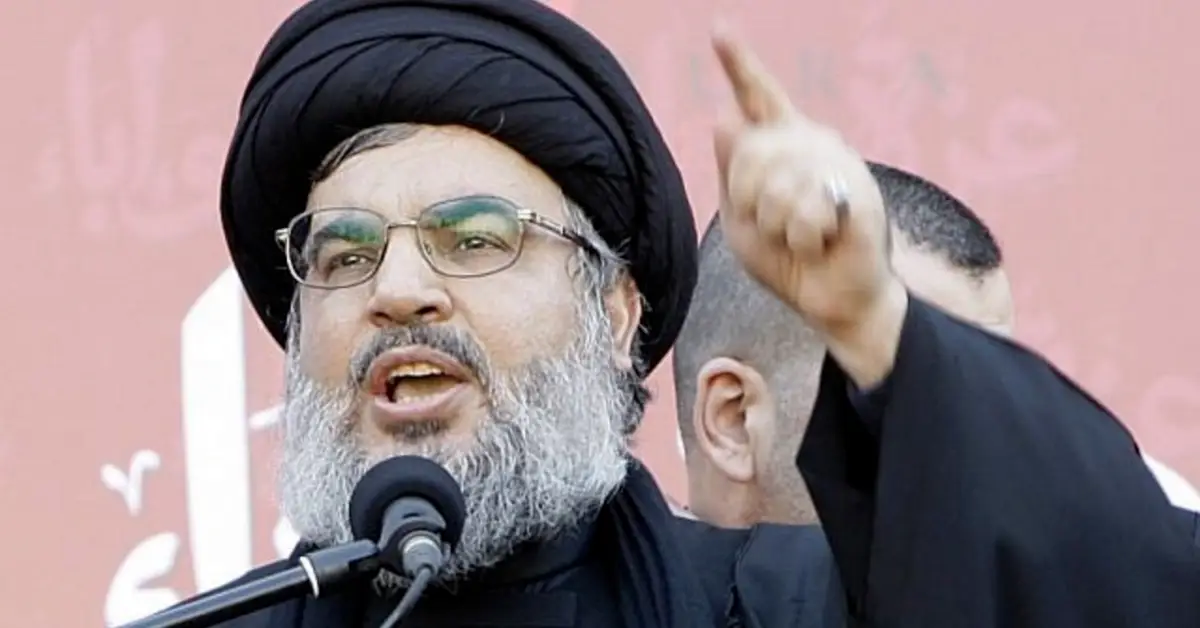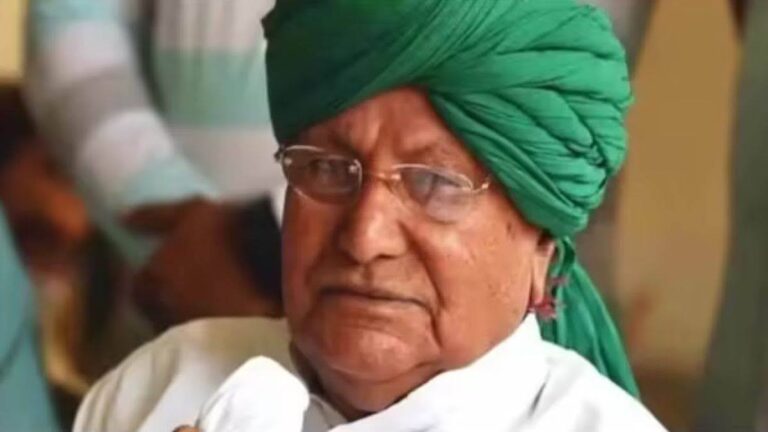Hassan Nasrallah, a name synonymous with Lebanon’s Hezbollah movement, has been a pivotal figure in Middle Eastern politics for decades. Serving as the Secretary-General of Hezbollah since 1992, Nasrallah has shaped the movement into a formidable force in both political and military spheres. This blog delves into the life, rise to power, and influence of Nasrallah, highlighting his role in regional conflicts and his global standing.
Early Life and Entry into Politics
Born in 1960 in Bourj Hammoud, a suburb of Beirut, Hassan Nasrallah’s journey into politics began at an early age. Growing up in a politically charged environment, he was drawn towards religious and political movements that aimed to resist Israeli occupation and fight for the rights of the Shiite community in Lebanon. His early involvement with Amal, a Shiite militia, laid the foundation for his future leadership in Hezbollah.
Nasrallah’s leadership qualities were evident early on, and he quickly rose through the ranks. After the assassination of Abbas al-Musawi, Hezbollah’s Secretary-General in 1992, Nasrallah was chosen to lead the organization. This marked a turning point for Hezbollah, as Nasrallah’s strategic vision and charismatic leadership transformed it into a major player in Lebanon’s political landscape.
Hezbollah Under Nasrallah’s Leadership
Hassan Nasrallah’s tenure as the leader of Hezbollah has been marked by significant milestones, including the expansion of the organization’s military capabilities and its growing influence in Lebanon’s political system. Under his leadership, Hezbollah evolved from a militia into a powerful political party with representation in Lebanon’s parliament and control over much of southern Lebanon.
One of Nasrallah’s most notable achievements was the withdrawal of Israeli forces from southern Lebanon in 2000, a victory that bolstered his popularity and cemented Hezbollah’s reputation as a resistance movement. This event also marked the beginning of Nasrallah’s prominence on the international stage.
Nasrallah’s speeches and public appearances, often delivered via satellite due to security concerns, have garnered attention worldwide. His rhetoric, which combines religious ideology with anti-Israel and anti-Western sentiments, has resonated with many in the Arab world, particularly in times of conflict.
Role in the 2006 Lebanon War
Hassan Nasrallah‘s leadership during the 2006 Lebanon War between Hezbollah and Israel further solidified his position as a key figure in the region. The conflict, which lasted 34 days, resulted in significant casualties on both sides but was seen as a strategic victory for Hezbollah. Despite the destruction caused by Israeli airstrikes, Nasrallah’s ability to rally support and maintain Hezbollah’s operational capacity earned him widespread admiration in the Arab world.
The 2006 war also highlighted Nasrallah’s adeptness in media warfare. His speeches during the conflict, which were broadcast to millions, emphasized Hezbollah’s resilience and framed the war as a victory for the resistance. This narrative helped to elevate Nasrallah’s status as a symbol of defiance against Israeli and Western hegemony.
Political Influence and Alliances
Beyond his role as a military leader, Hassan Nasrallah has been instrumental in shaping Lebanon’s political landscape. Hezbollah, under his leadership, has formed alliances with various political parties, both within Lebanon and across the region. Nasrallah’s close relationship with Iran has been a cornerstone of Hezbollah’s strategy, as the organization receives financial and military support from Tehran.

Nasrallah’s influence extends beyond Lebanon’s borders. He has been a key player in the Syrian Civil War, with Hezbollah providing military support to the Assad regime. This intervention has further complicated Lebanon’s political situation, as Hezbollah‘s involvement in Syria has drawn criticism from some Lebanese factions. However, Nasrallah has defended Hezbollah’s actions, arguing that they are necessary to protect Lebanon from the spread of extremism.
Challenges and Controversies
Despite his popularity among Hezbollah supporters, Hassan Nasrallah has faced numerous challenges and controversies throughout his leadership. His close ties to Iran and his involvement in regional conflicts, particularly in Syria, have drawn criticism from both domestic and international actors. Some Lebanese factions accuse Hezbollah of undermining Lebanon’s sovereignty by prioritizing Iranian interests over national unity.
Additionally, Nasrallah’s hardline stance against Israel and the West has led to increased tensions in the region. His rhetoric, which often includes calls for the destruction of Israel, has been condemned by many in the international community. Nasrallah’s role in Hezbollah’s alleged involvement in terrorist activities has also made him a polarizing figure on the global stage.
Global Perception and Legacy
Hassan Nasrallah’s global perception is shaped by his dual role as both a resistance leader and a controversial figure. In the Arab world, he is often seen as a hero who stands up to Israel and defends the rights of the oppressed. His speeches, laden with religious and nationalist undertones, have earned him a loyal following across the region.
However, in the West, Nasrallah is often portrayed as a destabilizing force in the Middle East. Hezbollah’s designation as a terrorist organization by several countries, including the United States and Israel, has contributed to this perception. Despite this, Nasrallah’s influence in regional politics cannot be denied. His ability to navigate the complexities of Lebanese politics while maintaining Hezbollah’s military strength has made him a formidable figure.
Conclusion
Hassan Nasrallah remains one of the most influential leaders in the Middle East. His leadership of Hezbollah has transformed the organization into a powerful political and military entity, capable of shaping the course of events in Lebanon and the broader region. While Nasrallah’s legacy is fraught with controversy, his role in the resistance against Israeli occupation and his strategic acumen have cemented his place in history.
As the Middle East continues to grapple with political instability, Nasrallah’s influence shows no signs of waning. Whether viewed as a hero or a villain, his impact on the region is undeniable.



















